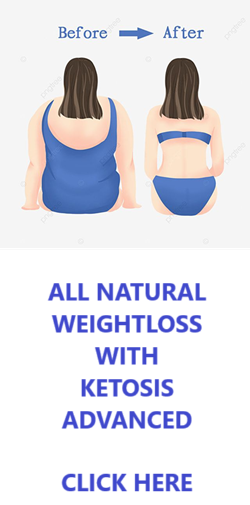
Sunday, September 14, 2025
ARTICLE: VITAMINS AND MINERALS THAT CAN ASSIST OR IMPROVE WEIGHT LOSS AND WEIGHT MANAGEMENT PROGRAMS
When it comes to vitamins and weight loss, it's important to understand that no vitamin is a magic bullet. They don't directly cause weight loss on their own. Instead, certain vitamins and minerals play crucial roles in metabolic processes, and a deficiency in them can make weight loss more difficult.
Here's a breakdown of the vitamins that are most often linked to supporting weight loss:
1. B Vitamins (B1, B2, B3, B5, B6, B7, B9, and B12)
Role in the body: B vitamins are essential for a healthy metabolism. They act as coenzymes, helping the body convert carbohydrates, proteins, and fats from food into energy. They are also vital for nerve function and red blood cell production.
Link to weight loss: A deficiency in one or more B vitamins can slow down your metabolism, making it harder for your body to process nutrients and burn calories efficiently. Some research suggests that people with a higher intake of B vitamins may have a lower risk of obesity and a smaller waist circumference.
Sources: B vitamins are widely found in foods like lean meats, eggs, poultry, whole grains, nuts, seeds, and leafy green vegetables. Vitamin B12 is primarily found in animal products, so vegetarians and vegans may need to consider fortified foods or supplements.
2. Vitamin D
Role in the body: Vitamin D is crucial for bone health as it helps the body absorb calcium. It also plays a role in immune function, cell growth, and metabolism.
Link to weight loss: Studies have shown that people with higher body mass index (BMI) tend to have lower levels of vitamin D. While the exact relationship is still being researched, some theories suggest that low vitamin D levels may affect fat cell formation and inflammation. Supplementing with vitamin D, especially for those who are deficient, may help improve metabolic health, though it is not a direct cause of weight loss.
Sources: The best source of vitamin D is sunlight. Foods that contain it include fatty fish (salmon, sardines), egg yolks, and fortified foods like milk and cereals.
3. Calcium
Role in the body: Calcium is a mineral essential for strong bones and teeth, muscle contraction, and nerve signaling.
Link to weight loss: Some studies suggest that diets high in calcium may be associated with a lower risk of obesity. The theory is that calcium stored in fat cells may play a role in regulating how fat is metabolized and stored. Some research indicates that consuming calcium from dairy products may have a greater impact on weight loss than calcium from supplements alone. However, other studies have found no significant effect of calcium supplementation on weight loss.
Sources: Dairy products like milk and yogurt are excellent sources of calcium. Other sources include dark leafy greens, fortified cereals, and soy products.
The Bottom Line
While these vitamins are essential for a healthy metabolism, taking a supplement won't magically make you lose weight. The most effective and sustainable way to lose weight is through a combination of a balanced diet and regular exercise.
Suppose you believe you may have a vitamin deficiency or are considering supplements to aid your weight loss journey. In that case, it is always best to consult with a healthcare professional or a registered dietitian. They can help you determine if you have any deficiencies and create a personalized plan that is safe and effective for you.
------
Labels: B vitamins, calcium, minerals, supplements, vitamin D, vitamins, weight loss, weight management


